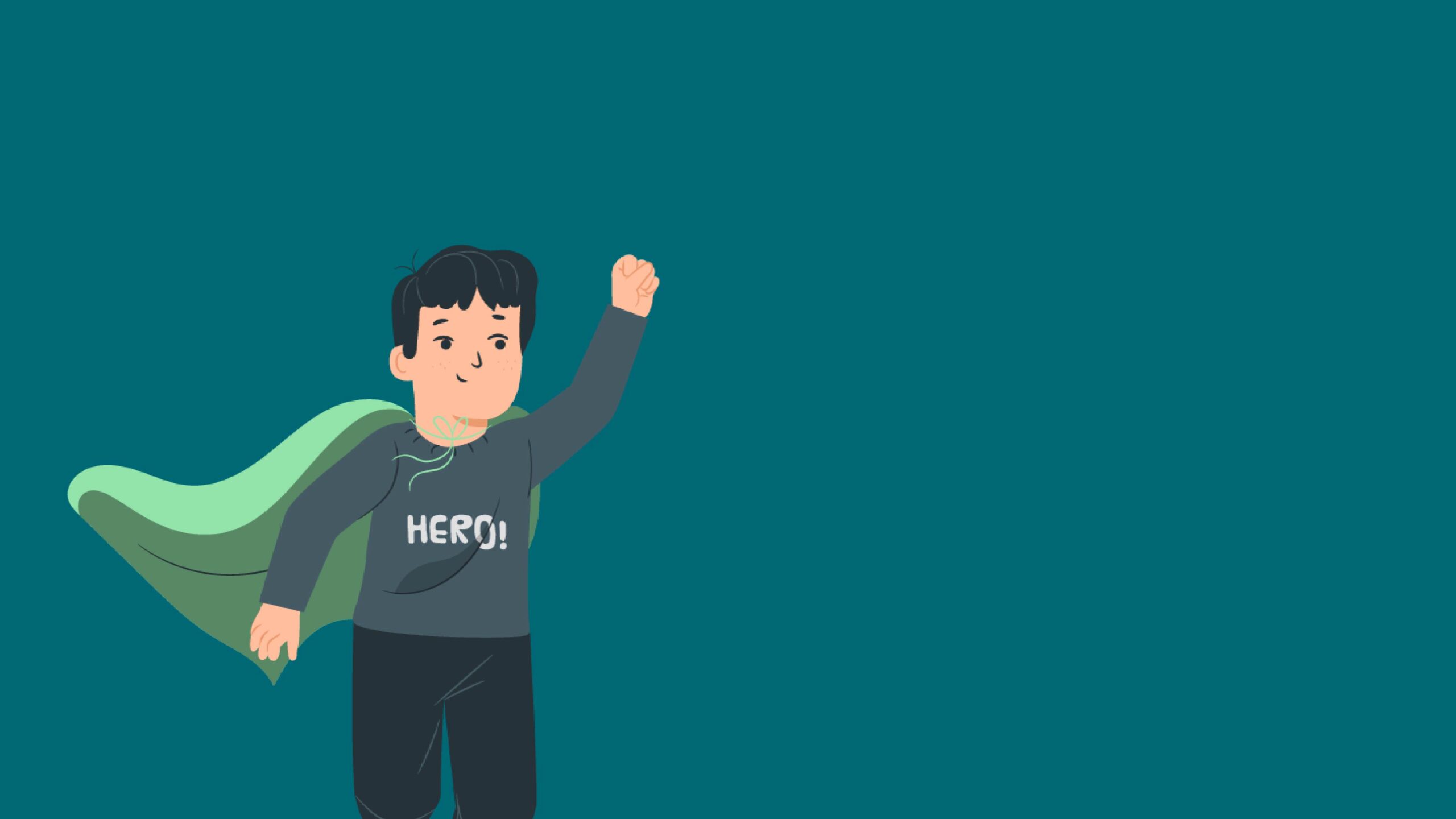Since mental health is no longer seen as unimportant or underappreciated globally, we should also eradicate the stigma associated with it and gradually introduce it into our communities, schools, and people in general. Can we help our children, particularly those who’re fighting with themselves, with their minds and souls?
I know it’s a cliché to say, but when our inner selves struggle, our outward appearance often reflects that turmoil. It is frequently treated as a taboo topic, one that doesn’t warrant lengthy, open discussions. In our society, people tend to avoid discussing it altogether, and when they do, they often equate mental health with insanity. Therapy is considered necessary only for those who are deemed ‘insane’; otherwise, it’s dismissed as unnecessary for the sane majority.
However, even when it is acknowledged as part of overall well-being, discussions about children’s mental health are often overlooked. An estimated 20 million of our nation’s young people can currently be diagnosed with a mental health disorder. Children are presumed not to have experienced significant trauma or turmoil. Yet, this neglect can lead to ongoing instability that affects their development and personality.
MENTAL HEALTH FOR CHILDREN
Mental health is an essential part of a child’s overall health. It has a complex interactive relationship with their physical health, and their ability to succeed in school and in society as a whole. Both physical and mental health impact our internal thoughts, emotions, and external actions. According to the U.S. Department of Health and Human Services, 1 in 5 U.S. children ages 3–17 has emotional, behavioral, or developmental. Mental health is important throughout childhood, from prenatal considerations through transitions to adulthood.
“All children have the right to a happy and healthy life“
Children deserve access to effective care to prevent or treat any mental health problems that they may develop. Children with stable mental health are able to develop emotionally and intellectually. They form effective social relationships with others and cope well with problems.
Certain strengths of children, their families, and their communities make it more likely that children will have good mental health. Children’s strengths may include good physical health, intelligence, and a relaxed temperament. Family strengths can include a supportive and nurturing family and a high socioeconomic status. Community strengths can encompass safe schools and recreational activities.
ROLE OF PSYCHOLOGISTS
Psychologists have developed tools to assess the risk and protective factors for the mental health of children, such as secure attachment, supportive and responsive parenting, and living in safe and cohesive communities.
However, according to the Centers for Disease Control and Prevention, it is estimated that only about 20% of these children who need services receive appropriate help from mental health.
Psychologists have also designed tools such as parent-child interaction therapy, family therapy, community-based interventions, home visiting programs, collaborative problem solving, parent-teacher associations, social-emotional learning programs, and community mental health services, effectively engage families, schools, and communities—that is, the critical social support that can guarantee lasting well-being for children.
In conclusion, mental health is a critical aspect of a child’s overall well-being, and it’s essential to prioritize their emotional and psychological needs from an early age. By recognizing the importance of mental health, providing access to effective care and support, and fostering a supportive environment that encourages open discussions, we can help children develop into resilient, confident, and happy individuals. Let’s work together to break the stigma surrounding mental health and ensure that every child has the opportunity to thrive and reach their full potential.
A WAY OUT FOR CHILDREN
“We can expose children to art therapy so they can express their thoughts, which will undoubtedly aid in the treatment of their mental health concerns, since many children suffer from mental health difficulties but are unable to articulate what they are going through.”
“FATIMA SIDDIQUI, Art therapist
